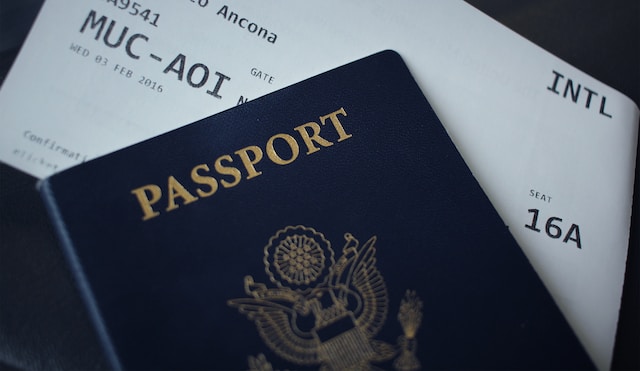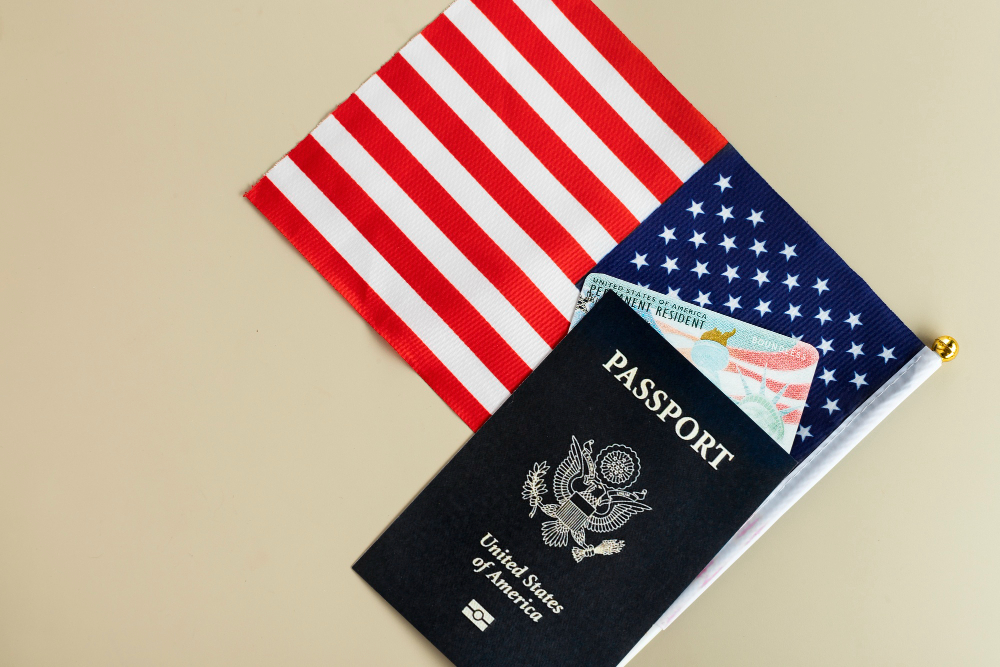Rapid Translate Team
Due to the sensitive nature of certain documents, taking extra measures is essential to maintain their accuracy and authenticity during translation. This is why many organizations and individuals require certifications for legal, official, immigration, and educational translations. However, many people are oblivious to the prerequisites that accompany this type of translation. So, what are the certified translation requirements?
When creating a certified translation, you must add specific information that validates its accuracy. The American Translators Association (ATA) recommends that certified translations carry information about the translator’s pedigree. It should also contain the translator’s name and signature and the date of translation. This post covers everything you need to know about certified translations.

Table of Contents
What Are the Requirements for a Certified Translation?
Many government agencies and other relevant organizations mandate the certification of specific documents during translation. Besides getting an accurate translation, you must be able to prove its accuracy to validate it. However, people are sometimes oblivious about what to consider when getting a certified translation in a foreign language.
1. Only Work With Professional Translators and Agencies
Consider only working with a professional translator or other professional translation services when obtaining certified translation services. This aims to start you off on the right foot and ensure accuracy during the translation. Besides possessing the needed experience and expertise to create accurate results, professionals usually understand the requirements for each translation task.
While you can choose to work with online translators and agencies, you can also get nearby certified translation agencies. However, strongly assess translators before hiring them for your task. Past reviews offer a convenient way of vetting a translation company before hiring them. Alternatively, you can also browse the American Translators Association directory.
2. Certified Translations Must State the Translator’s Qualifications
While it is essential to work with professionals, confirming and verifying their qualifications is also as important. This is why most agencies require a statement of the translator’s qualifications in a certified translation. While this addition may seem trivial, it describes the translator’s profile to the organization or agency of interest.
When describing a translator’s qualifications, always include those pointing to his language combination expertise. For instance, a diploma in the target language poses an important advantage and is worth mentioning. So, always consider this factor when certifying a translated document or getting a certified translation.
3. Include a Statement Attesting to Its Accuracy
Like any other type of translation, certified translations require the utmost accuracy. Not only that, the completeness of these documents is also critical since it validates the document of interest. Because of this, a document certification must include another document affirming its accuracy.
This statement, which comes from the translators themselves, shows that they take liability for any damages that result from inaccuracy. Of course, errors in translating these critical official documents and vital records could be problematic. So, this addition is crucial.
4. Add the Translator’s Details, Signature, and Date
Besides describing the translator’s qualifications, adding details like their name and signature is essential. If you’re working with a translation company, you can instead add their credentials. In this case, also add the full name and signature of the company’s authorized representative.
When getting a certified translation, you must also include the service date. All these prerequisites help to validate the document and also help track events in case of a discrepancy. Regarding certified translations, always go for professional translation services since these professional translators usually understand the task better.

Which Documents Require Certified Translations?
When obtaining translations, remember that some documents do not require certifications, while this addition is crucial for certain documents. However, how can you differentiate between those that require certified translations and those that do not? Of course, some organizations and agencies indicate when certified services are necessary.
Well, some documents typically require certified translations all the way. In these situations, translators should understand that certifications are crucial even though some organizations may not specify. Therefore, they must follow the needed requirements for such tasks.
Legal documents are one of the most important documents that require certified translations. Affidavits, declarations, police records, writs, work permits, requests for evidence, and summons all fall within this category. Overall, these include documents meant for courts and other government bodies.
Additionally, academic documents typically require certified translations. When applying to foreign universities and colleges, you must certify your translated degrees, diplomas, and academic transcripts. Often, these institutions require the original documents and their translated versions.
Finally, certified translations are also applicable to immigration documents. Birth certificates, passports, marriage and divorce certificates, and work permits all fall within this category. These translations are essential when moving or traveling to another country. Of course, you must submit your immigration documents in their official language.
For instance, getting an English translation of your documents is necessary when visiting the United States from a French-speaking nation.

What Are the USCIS Certified Translation Requirements?
During your immigration application, the United States Citizenship and Immigration Services, USCIS requires several documents from foreign nationals. However, if these documents are originally in foreign languages, it becomes necessary to translate them. Well, this agency requires certified translations of these documents. However, people are sometimes unsure of the USCIS-certified translation requirements.
The USCIS maintains federal guidelines stipulating that documents containing foreign languages must come with their full English translations. In addition to that, the translation must have accompanying documents certifying their completeness, accuracy, and authenticity. The agency follows federal regulations, as the American Translator’s Association has highlighted.
You must first find a certified translator who understands the USCIS requirements. Then, the translator must certify your document, adding their names, qualifications, signatures, contact information, and the date to the certification. You must then attach the certification document to the translated version. Of course, the USCIS requires that each translated document have its separate certification.
In some countries, getting a translator who understands the certified translation requirements can be tricky. However, Rapid Translate, an online translation company, offers certified translation, thus helping people satisfy their global communication needs. It offers a valid alternative whether you’re expanding your business, moving abroad, or connecting with others. This efficient service provider helps transcend language lines and connect the world. Order now to enjoy limitless communication!




